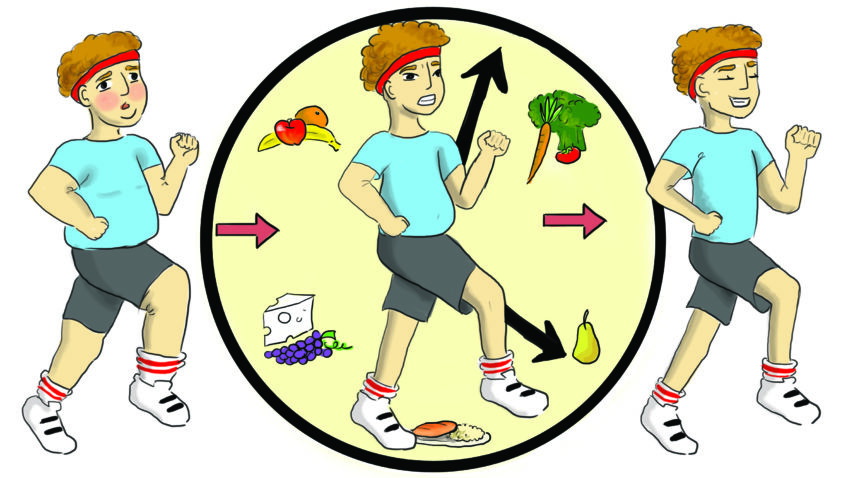Gaining weight in a society that often emphasizes thinness might seem unusual, but for some individuals, it is a necessary and beneficial goal. Approximately 1.6% of the U.S. population over the age of 20 is considered underweight, highlighting the importance of understanding healthy weight gain strategies. Whether driven by health, aesthetics, or psychological reasons, gaining weight should be approached with careful consideration for overall well-being.

Why should you gain weight?
Various factors, including active lifestyles, medical treatments, and chronic conditions like Crohn’s disease, can contribute to weight loss. Individuals with a history of eating disorders or recovering from chronic illnesses may also find themselves underweight. Being underweight poses health risks such as developmental delays, heart palpitations, infertility, and increased susceptibility to fractures, making weight gain crucial for overall well-being.

Gaining weight healthfully
The key to healthily gaining weight is to create a caloric surplus—consuming more calories than expended through daily activities. A gradual approach is recommended to allow the body to adapt, avoiding drastic changes that could impact metabolism. Consulting with a doctor or nutritionist to determine daily caloric needs is essential for developing an effective weight gain plan.
Strategies for gaining weight:
- Don’t turn to junk food or quit working out: Avoiding unhealthy foods is crucial to ensure the body receives the necessary nutrients for muscle growth and overall health. Continuing regular exercise is equally important.
- Consume energy- and nutrient-dense foods: Incorporate foods rich in nutrients and calories, such as avocados, fatty fish, nuts, and seeds, into your diet.
- Don’t skip meals: Breakfast, in particular, plays a vital role in replenishing overnight energy stores and supporting weight gain efforts.
- Eat frequently: Aim for smaller, frequent meals every two to three hours to consistently refuel energy and promote muscle repair and growth.
- Drink healthy calories: Include nutrient-packed, calorie-containing drinks like 100% fruit juice, chocolate milk, and protein shakes to supplement caloric intake.

- Add healthy fats: Increase caloric intake by incorporating healthy fats, such as avocados, into meals without compromising nutritional value.
- Add toppings: Enhance the caloric content of meals by adding cheese, nuts, or seeds as toppings.
- Fuel your workout: Ensure glycogen stores are full before exercise by consuming balanced meals and snacks in the hours leading up to physical activity.
- Recover after exercising: Consume a post-workout snack with a balance of protein and carbohydrates to maximize recovery and muscle tissue rebuilding.
- Indulge in a nighttime snack: Utilize the time before bedtime to add nutrient-dense calories through snacks like low-fat or nonfat dairy products.

Exercise and patience
While dietary changes play a primary role in weight gain, engaging in specific types of exercise, such as weight or resistance training, can support muscle growth. It’s essential to be patient, monitoring progress and making adjustments as needed for gradual and sustainable weight gain.
Gaining weight healthfully requires a thoughtful and well-balanced approach that considers nutritional quality, caloric intake, and regular exercise. By implementing these strategies, individuals aiming to gain weight can prioritize overall health and well-being on their journey to achieving their desired body weight.








